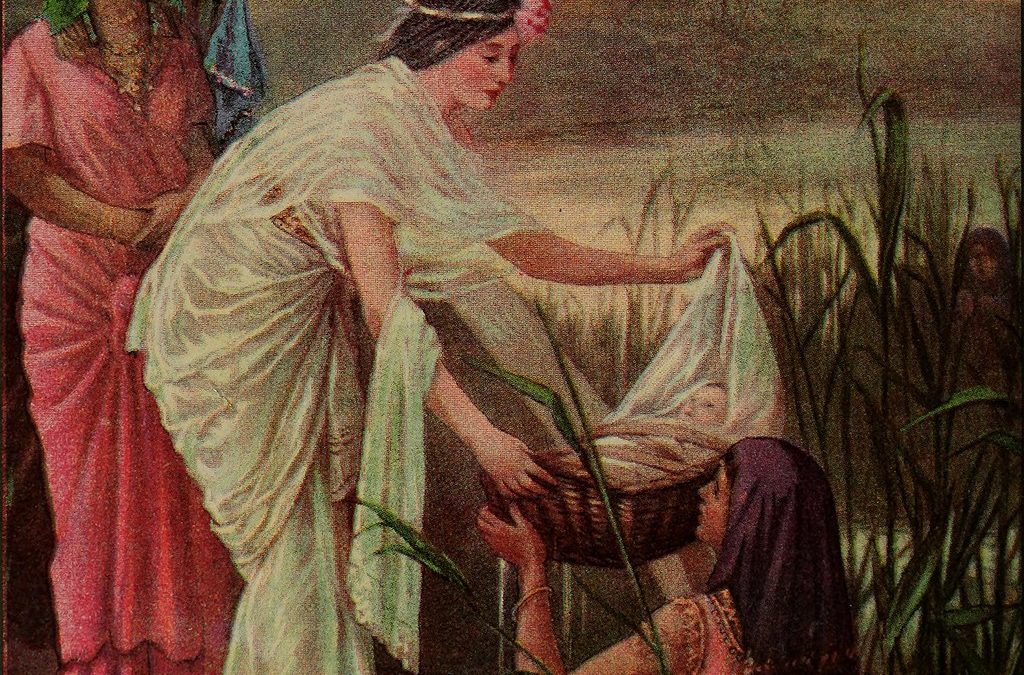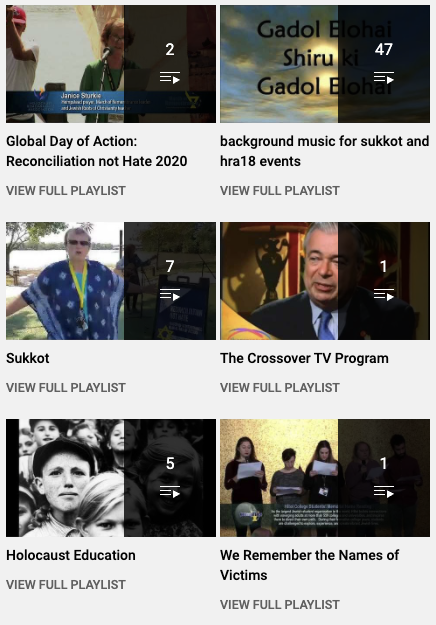by Christine Ege Response to Chapter 2 of Journey to the Holocaust: Anti-Semitism, the Bible and History by Dr. Susanna Kokkonen
What does it take to qualify as an upstander – someone who swims against the tide and makes a decision to stand up for what is right? Often, being an upstander means more than just a one-off choice; instead, it involves a life-long commitment. That was certainly the case with Pharaoh’s daughter in Exodus 2.
According to Dr. Susanna Kokkonen’s book, Journey to the Holocaust: Anti-Semitism, the Bible and History, former Israeli Chief Rabbi Israel Meir Lau mentioned Pharaoh’s daughter as the first person in all recorded history to merit the title Righteous among the Nation. That title is awarded by Yad Vashem (the Holocaust Museum in Jerusalem) to an elite cadre of non-Jewish individuals who incurred tremendous risk to save Jewish people during the Holocaust (p. 39). Although Pharaoh’s daughter certainly pre-dated the Holocaust by at least three thousand years, she nonetheless served as a type of deliverer for the Jews.
Pharaoh’s daughter recognized that the baby she ordered her servants to rescue from the Nile River was a Hebrew baby. She certainly could not have been unaware of her father’s edict that all the Hebrew baby boys be destroyed at birth. Inexplicably, she chose to defy that edict and adopted Moses as her own child. Even his name testifies to his origin – pulled out [of the water]; she made no effort to conceal where she had found this child. How and why did her father allow this otherwise ill-fated Hebrew baby to be raised and educated in his own household by his very own daughter and her servants? Only G-d knows! Certainly, this courageous daughter had committed herself for the long haul, as Moses was raised to adulthood in the royal household of the highest authority in the land of Egypt! Her decision amounted to far more than a spontaneous surge of compassion for a cute baby abandoned in the rushes of the Nile River.
One can only speculate about the implications of Moses’ future, had Pharaoh’s daughter not intervened as his rescuer. Moreover, his future was not the only future impacted by her decision: the future of an entire people group hung in the balance. What is the message for us in our day? Clearly, we must cultivate a readiness to recognize what courses of action are just and right, and we must take action to follow through on those insights, sometimes even defying an edit from an authoritative family member or governmental figure. Advocating for the life of this Hebrew infant certainly testifies to the potentially broader impact of a personal decision.
Are we up to the task?

